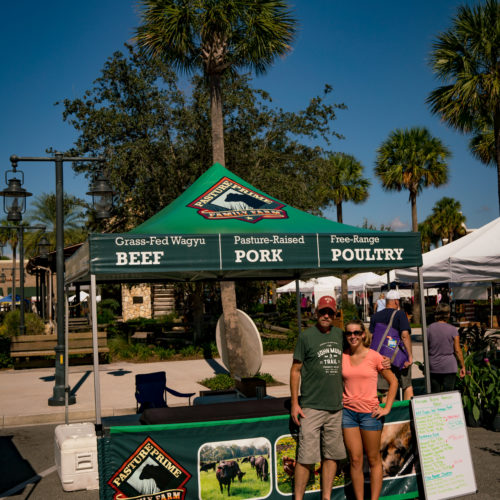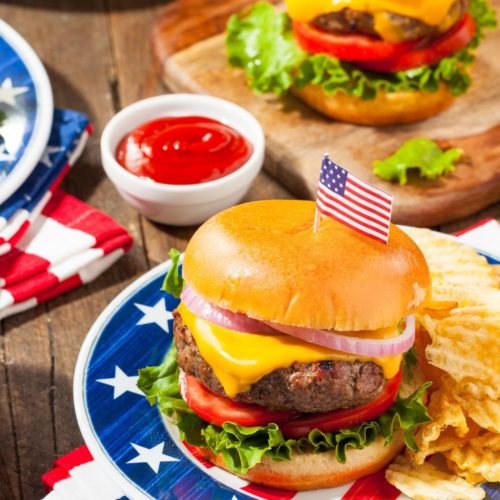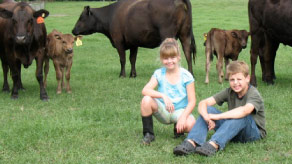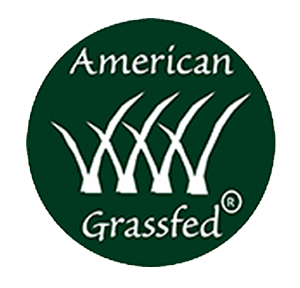Pasture Prime: A Sustainable Farm Following Eco-Friendly Principles
Our family farm is located in North Central Florida. Ample rainfall and tall grasses help us maintain a sustainable farm that contributes to the health of the land and our animals. Our goal is to keep our farm running for generations to come and to provide our customers with the highest-quality meats, and share with you how your food is produced.
How a Sustainable Farm is Different from an Industrial Farm?
“Sustainable agriculture is a way of raising food that is healthy for consumers and animals, does not harm the environment, is humane for workers, respects animals, provides a fair wage to the farmer, and supports and enhances rural communities.”
–SustainableTable.Org
Modern agricultural practices in the U.S. maximize profit by raising large amounts of animals in crowded spaces. The animals are fed diets that fatten them quickly on grain, but are not natural to their systems. Does this have long-term consequences? You bet. Here’s a snapshot of some of the problems caused by industrial agriculture:
- Soil erosion and contamination.
- Industrial farm animals are administered 25 million pounds of antibiotics and related drugs a year—causing unprecedented levels of antibiotic resistance.
- Mass amounts of manure are generated in small areas of land. The animal waste often leaches into the water systems and releases hazardous gases into the atmosphere.
- The EPA estimates 70% of all pollution in U.S. rivers and streams comes from agricultural runoff.
- Industrial agriculture selectively breeds only a few types of animals, which severely limits genetic diversity.
In contrast, eco-friendly farming uses free range-farming methods that give back to the land what is taken. The balance benefits the animals, the crops, and the environment—sustainable farms are just that: sustainable.
Eco-friendly farms:
- Use natural erosion-prevention methods, such as cover crops and low-tillage, and limit the use of pesticides
- Feed animals a natural diet and raise them in un-crowded conditions so they do not require antibiotics
- Do not raise more animals than the land can support. The animal waste is used as a fertilizer, thus giving back to the land.
- Conserve water resources and protect local water sources
- Raise heritage breeds that have not had their native characteristics bred out of them. They grow more slowly on a more natural diet and with much less stress.
Industrial Farming Has Lost Site of Humane Treatment of Animals
Industrial farms today are built upon efficiency. But at what cost? Animals kept in close confinement must be given antibiotics to treat the diseases their living conditions cause. Industrial animals are bred to function better in confined spaces, which lessens their ability to adapt to the natural environment or resist environmental stressors. Industrial pigs must have their tails docked so they don’t bite each others tails off—a behavior only seen in confined pigs. Turkeys are bred purely to produce a lot of meat, but they are so top-heavy, they can’t reproduce on their own or move around freely.
Humanely Raised Meat is Better for the Animals and For You
Our sustainable farm has been going strong for over thirty years by our family. All of our animals—Wagyu cattle, Mangalitsa pigs, Berkshire pigs, free-range chickens, and free-range turkeys—are raised in their natural environment and eat a native diet. Our animals are not confined in cages or tight spaces, and we rotate the animals in a way that is minimally invasive to the environment and contributes to sustainable farming practices.
At Pasture Prime, we have a genetically-diverse stock, and we offer heritage breeds that can reproduce on their own and are allowed to naturally adapt to their environment. We understand that humanely raised meat and diverse genetics produce better tasting meat.
And we sleep a lot better each night, knowing our animals are well taken care of.
Our Meat is Never Served with a Side of Antibiotics or Hormones!
Premium steak infused with growth hormones? A plump Thanksgiving turkey stuffed with antibiotics? Doesn’t sound very appetizing, does it?
Don’t worry. We wouldn’t feed animals treated with antibiotics and hormones to our family, and we don’t want you to, either.
Hormone-Free Beef, Hormone-Free Chicken, and Hormone-Free Turkey: From Our Farm to Your Table
That’s the beauty of a sustainable farm. Free-range poultry, pasture-raised pigs, and 100% grass-fed and finished beef don’t require antibiotics or growth hormones. Our animals grow at their natural pace, and their systems are in perfect balance as a result of their diets, their environment and their care. The animals are healthy—naturally—and the meat you buy from our farm is much healthier, too. To read more about the health benefits of Pasture Prime, visit our Health Benefits page.
To purchase our hormone-free beef (we ship anywhere in the U.S.), click here.
To purchase our hormone-free chicken and hormone-free turkey (we are only shipping our Poultry products within Florida), click here.







